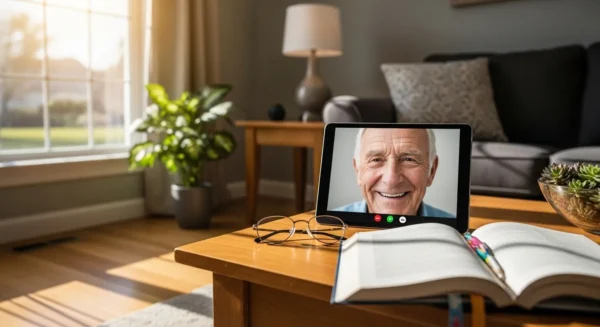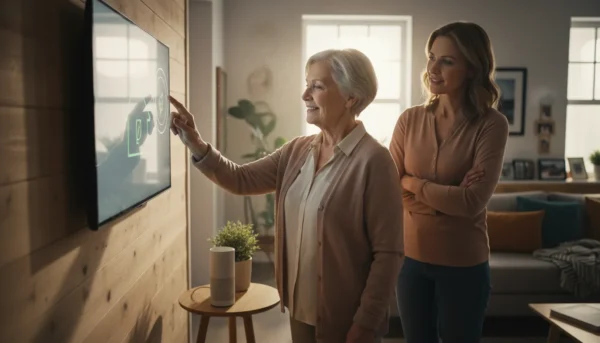
Key Signs It’s Time to Consult a Doctor
It’s normal to experience minor memory lapses as we get older. We might forget a name and remember it later, or misplace our keys from time to time. However, certain symptoms are not a typical part of aging and warrant an immediate conversation with your doctor. A nutritious diet is a proactive step for brain health, but it is not a substitute for professional medical evaluation and care.
Please schedule an appointment with your physician if you or a loved one experiences any of the following:
- Memory loss that disrupts daily life: This includes forgetting recently learned information, asking the same questions repeatedly, or relying heavily on memory aids for things you used to handle yourself.
- Difficulty planning or solving problems: Trouble following a familiar recipe, managing a budget, or concentrating on a task that was once easy.
- Confusion with time or place: Losing track of dates, seasons, or the passage of time. Forgetting where you are or how you got there.
- Challenges completing familiar tasks: Difficulty driving to a familiar location, remembering the rules of a favorite game, or managing tasks at home or work.
- New problems with words in speaking or writing: Trouble following or joining a conversation, stopping mid-sentence with no idea how to continue, or calling things by the wrong name.
- Withdrawal from social activities: A noticeable change in a person’s desire to engage with friends, family, or hobbies they once enjoyed.
- Changes in mood or personality: Becoming unusually confused, suspicious, depressed, fearful, or anxious.
These signs do not automatically mean a person has Alzheimer’s disease or another form of dementia, but they are serious enough to require a thorough medical check-up to determine the underlying cause. Early diagnosis is key to managing symptoms and planning for the future.


















